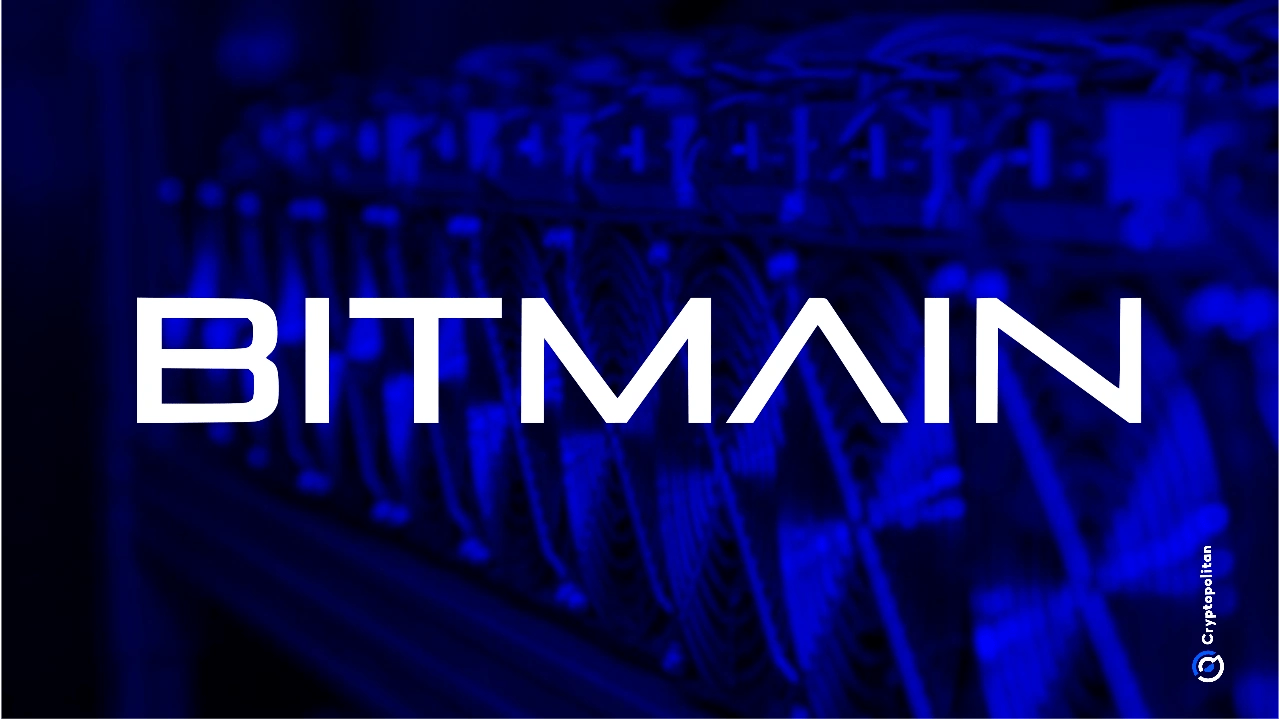07.09.2025 17:52
According to reports from online sources, Bitmain, a dominant force in the cryptocurrency mining hardware sector, is now embroiled in a legal dispute with its hosting provider, Old Const. The lawsuit centers on allegations that Bitmain's U.S. affiliate, Bitmain Technologies Georgia Limited, improperly terminated a significant hosting agreement. Old Const contends that the mining giant manufactured baseless claims of contract violations as a pretext to dissolve their partnership.
The conflict escalated on August 22, when Bitmain issued a formal notice of termination, an action that Old Const has characterized in its legal filings as a "material and anticipatory breach" of their contractual obligations. The foundation of their business relationship was a Hosting Services Agreement (HSA), designed for Old Const to provide data center hosting for Bitmain’s high-performance HASH Super Computing Servers. This primary contract was reportedly supplemented by a Collaboration Agreement, a Sales Agreement, and an OnRack Sales & Purchase Agreement, all of which are referenced in the lawsuit.
Furthermore, the lawsuit alleges that Bitmain's actions have gone beyond merely ending the partnership, with the company threatening to seek a "writ of replevin"—a court order to reclaim its mining hardware. Crucially, Old Const claims that Bitmain intends to pursue this legal action in a jurisdiction outside of Texas. This move directly contravenes the mandatory forum selection clauses embedded within all their agreements, which explicitly stipulate that any disputes must be resolved either through the Texas court system or via arbitration in Houston.
In an effort to prevent Bitmain from sidestepping the contractually agreed-upon legal process, Old Const is seeking immediate judicial intervention. The hosting provider has petitioned the court to issue a Temporary Restraining Order and an injunction against Bitmain. The primary goal of this legal maneuver is to compel the mining equipment manufacturer to adhere to the established dispute resolution protocols outlined in their contracts and to halt any attempts to seize property through out-of-state courts.











